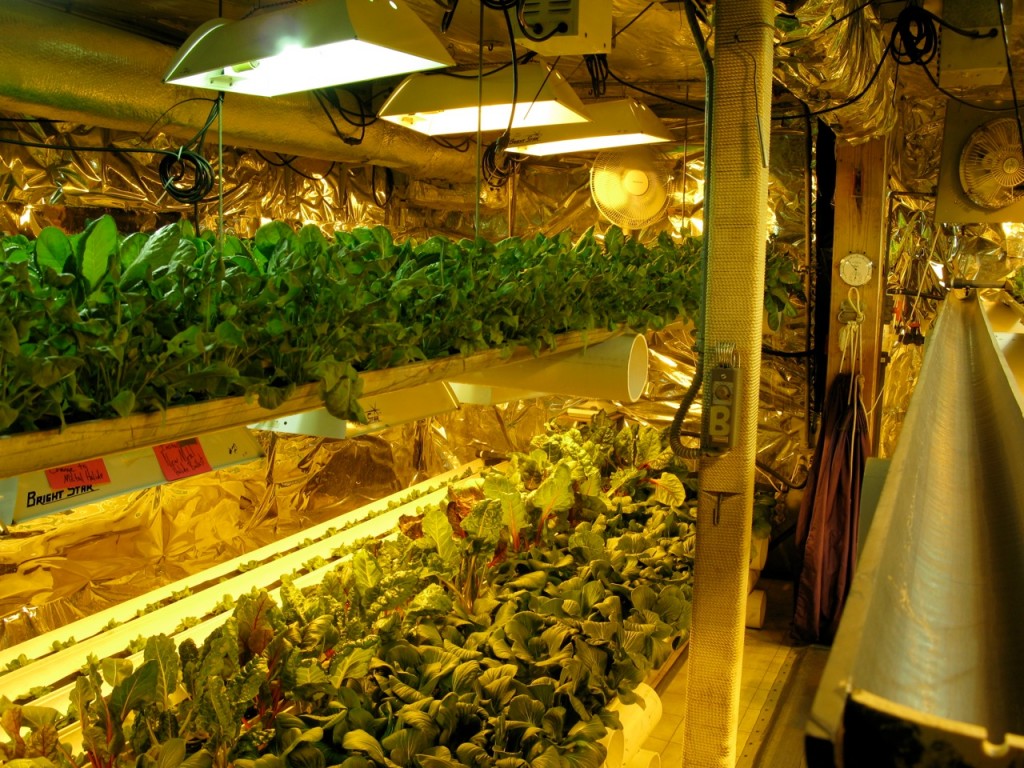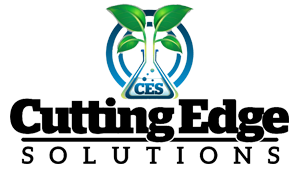
What if you could save time, money, space, supplies, and just about every other necessity required, to grow fruits and vegetables? Hydroponic farming can do all of these things, and more!
Hydroponic methods, for food production was first developed almost 2000 years ago by the ancient Romans; however, many farmers, as well as some of the “giant factory farms” still do not take full advantage of this process. The good news is, this is changing. Forced to develop new technologies to fit an ever expanding world, science has perfected hydroponic technologies.
Developments in land use (also known as urban sprawl) has helped give hydroponics a boost. Not only can agricultural producers save on the amount of terrain required for crop production, but the smallest acreage can produce as much as 50% more than traditional (field) use of their property. An unintended consequence of freeing up of land, is that many farmers find they are able to increase their pasture space, thus allowing more farm area for livestock.
Conventional farming techniques require the use of soil and fertilizers; in some cases crops have to be rotated to avoid depletion of minerals from the earth (thus making the once fertile earth into a barren field). Hydroponic farming easily reduces production costs by replacing the expenses of chemicals, fertilizers, and replacement soils with cheaper water fertilizers.
Innovations in hydroponic farms take full advantage of rain water and cistern use. Traditional farming depletes valuable fresh water, as well as other resources, from water tables, which are not so easily renewable. Hydroponics not only doesn’t destroy water tables, but may actually contribute to their healing. Additionally, sea water, of which there is no shortage, can be directed by pipeline for purposes of extremely efficient hydro-farming.
Several hydro-farmer enthusiasts have discovered that the water involved in the growing process can be re-used in projects such as mills and water reservoirs, making a byproduct of free energy. Hydroponics, in these cases, not only saves resources, but can actually produce a profit.
Increasing the quantity, growing organically, and improving the health benefits of food is something that every agriculture producer, from the very small to the mega agricultural industrial complex, strives for — and hydroponic farming is the answer.






















Recent Reviews